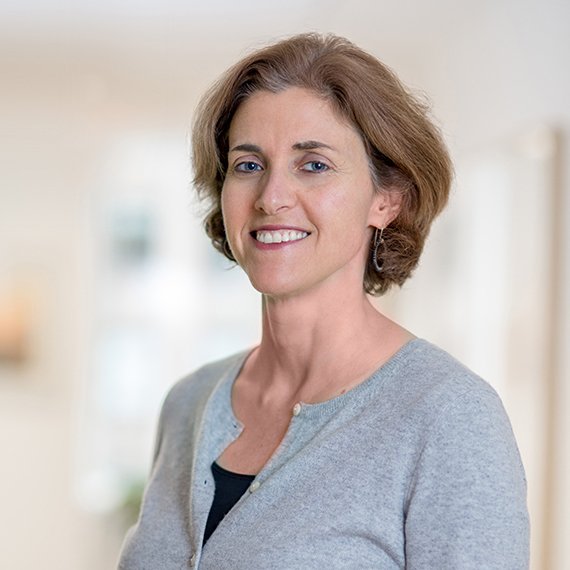
We’ve just learned that Tony Carr from the Centre for Educational Technology at the University of Cape Town, a Carnegie Corporation Higher Education and Libraries in Africa (HELA) Program grantee, has won a Dewey Winburne Community Service Award for his e/merge Africa peer network, emergeafrica.net. Tony will be honored at the South by SouthWest SXSW Interactive conference in Austin, Texas in March 2014. The e/merge Africa network is made up of approximately 900 members from African higher education institutions who are interested in applying educational technology in their work in Africa. Carr and his African peers are using the network to offer online seminars to share practice and knowledge about educational technology innovation within the higher education sector in the region, as well as to strengthen communities of researchers and practitioners. A call for proposal offers an invitation for educational technologists based in Africa and other continents to host an online seminar, workshop or short course for e/merge Africa in 2014: online proposal form.

Technology plays an increasingly complex role in the building up of African universities at a time when many African universities are being revitalized as knowledge producers for the continent. Coursera, the online provider of massively open online courses, or MOOCs, will soon begin creating Learning Hubs “that will offer people around the world physical spaces where they can access the Internet to take a course, while learning alongside peers in an interactive, facilitated setting. All for free.” Coursera’s increased level of engagement in developing countries, including some in Africa, resurfaces the debate around who qualifies to teach with what pedagogy and curricula and whose knowledge. How Africans use and appropriate MOOC technology is yet to be explored. The extent of innovation surrounding Africans’ use of mobile technology could be instructive here. Assuming new learning hubs offer connectivity, such platforms could better prepare disadvantaged students with additional resources for local university education, but they could also further encourage elite young people to leave the continent in search of education elsewhere.
Given the vastly increasing demand for access to higher education in developing countries worldwide, online course platform offerings have been compared to what libraries provided in the Industrial Age in the United States—continuing education for the self-taught. Coursera advocates democratizing education by offering courses from elite universities online for free. However, most who enroll in MOOCS today have completed degrees. Disadvantaged students in Africa are less likely to live in areas accessible to learning hubs, regardless of the cost of connectivity. Local governments might look to these online platforms to provide access for an ever-broadening range of students, competence levels, and geographic locations, rather than finding their own, indigenous solutions to the demand for higher education. True, there are ways to address infrastructure constraints. But a more pressing concern is how the possibilities of borderless education affect innovation in African higher education, its role in society, and its positioning in the global system. Initiatives like e/merge Africa, along with post-graduate programs in educational technology offered by the Centre for Educational Technology at University of Cape Town aim to equip African researchers and practitioners to navigate these pathways.


